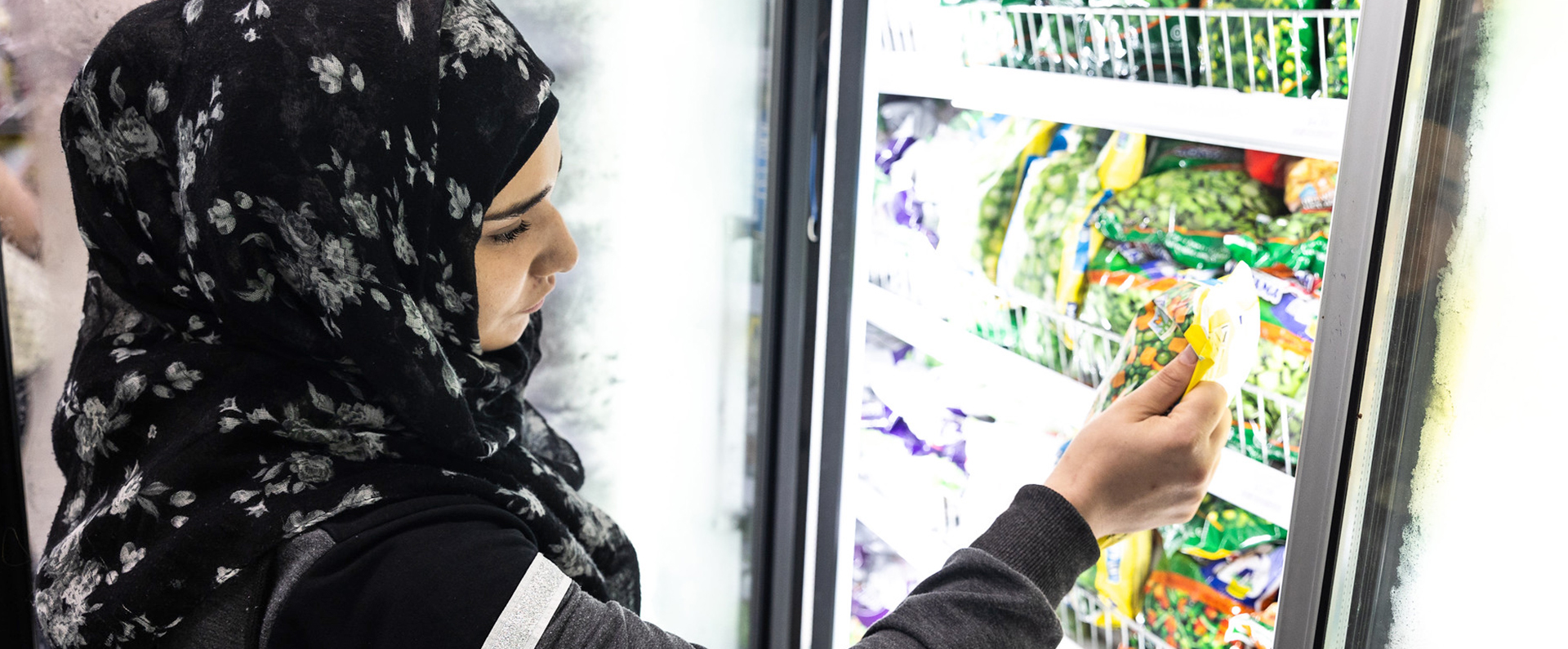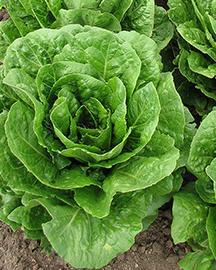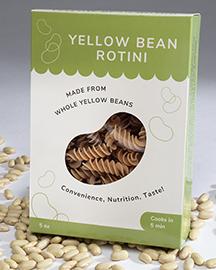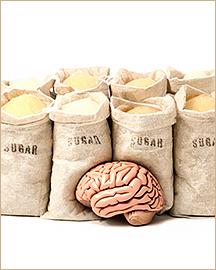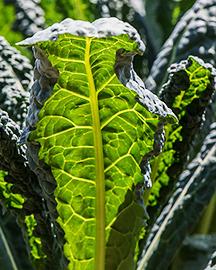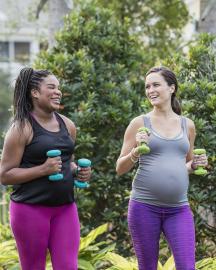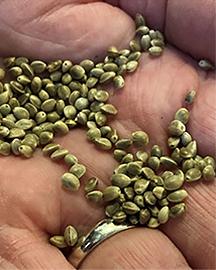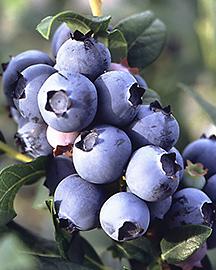New Technology Keeps Produce Fresh, Longer
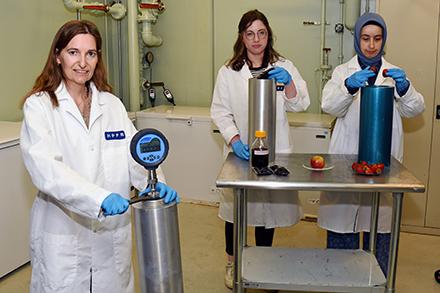
ARS researchers in Albany, CA, are developing a new technology that could “freshen up” the frozen fruit and vegetable market. The new freezing method, called isochoric freezing, works by storing foods in a sealed, rigid container - typically made of hard plastic or metal - completely filled with a liquid such as water. Unlike conventional freezing, where the food is exposed to the air and freezes solid at temperatures below 32 degrees F, isochoric freezing preserves food without turning it to solid ice.
As long as the food stays immersed in the liquid portion, it is protected from ice crystallization, which is the main threat to food quality. As an added benefit of isochoric freezing, the method kills microbial contaminants during processing. The new freezing method could not only extend the shelf life of fresh fruit and vegetable products, but also result in products that are fresh-like in taste, texture, juiciness, and nutrition.
Related Information
Article: New Food Freezing Concept Improves Quality, Increases Safety and Cuts Energy Use
Publication: Novel Isochoric Cold Storage With Isochoric Impregnation to Improve Postharvest Quality of Sweet Cherry


